How to Become an EVfriendly Mechanical Repair Facility
- Home
- Mechanical Repair Facility
Mechanical Repair Facility
A Program Developed by the Automotive Retailers Association and its Strategic Partners
Becoming an EVfriendly -Sales facility assures your customers that you and your employees are trained and qualified in EVs sales.
The following slide presentation details best practices to deploy as an EVfriendly Sales facility.

Mechanical Repair Best Practices
What is EVfriendly ?
Today, with the rapidly increasing number of hybrids, plugin hybrids, and all-electric vehicles being purchased by consumers, it is only a matter of time before owners of these vehicles find their way to your shop for maintenance and repairs, if they have not already done so.
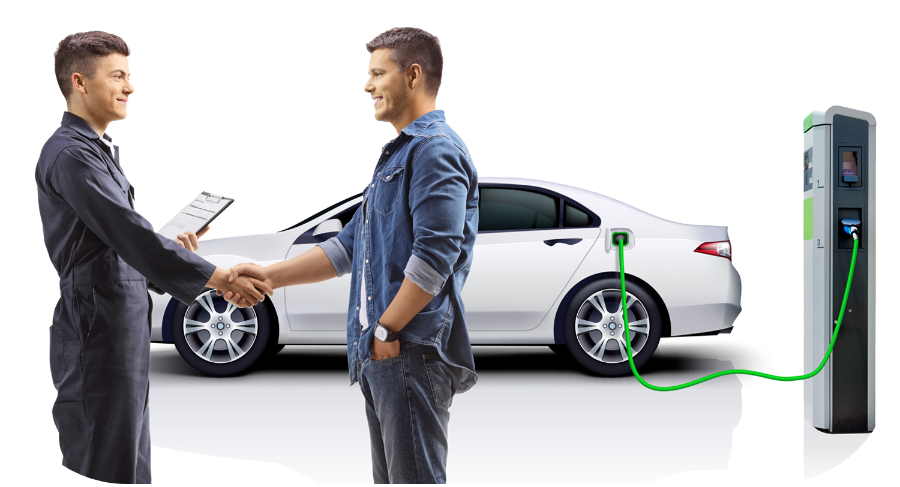
What is EVfriendly ?
The number one concern is safety. Battery voltage is invisible, and technicians must be trained in the safety protocols to protect themselves and the vehicle from a catastrophic failure.
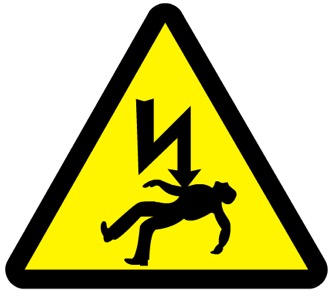
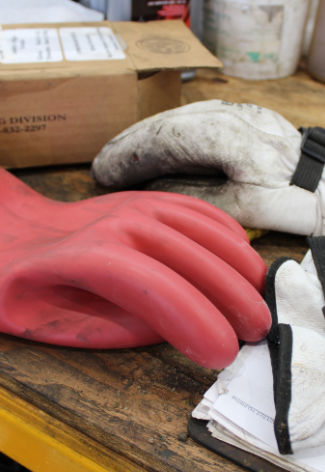
What is EVfriendly ?
Without the proper training, technicians can inadvertently damage the vehicle’s electrical systems and risk injury, or even death from electrocution.
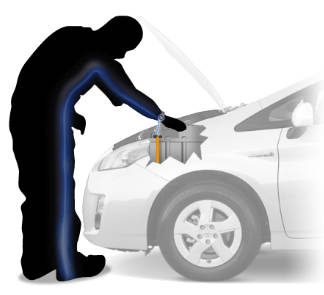
That is a liability you want to avoid at all costs.
What is EVfriendly ?
Besides, consumers want to be confident that the people caring for their vehicles are competent and qualified.

That means investing in the training and equipment necessary to provide proper and safe repairs.
EVfriendly Training
Online training is available on the ARA Training Centre of Excellence website.

The courses are for automotive service technicians or anyone who repairs EVs and is not a certified EV technician.
EVfriendly Training
The EVfriendly Mechanical Repair course covers:
- EV overview
- Understanding EVs
- High-voltage batteries and components
- EV design
- Hazards and emergency response
- Common maintenance issues
- Safety protocols for working on or near EVs

EVfriendly Training
Recommended for all other positions such as warranty clerk, parts or service managers, shop help, etc., to enhance their awareness and understanding of EVs.
Technicians can receive certified training from:
- BCIT – Auto 4011 Electric Vehicle Technology and Service
- Automotive Training Centre - Automotive Hybrid Technology
- Okanagan College
- College of New Caledonia
- Camosun College

EVfriendly Mechanical Repair Best Practices
In addition to fulfilling employee-training, EVfriendly suppliers maintain business best practices within a number of standards.
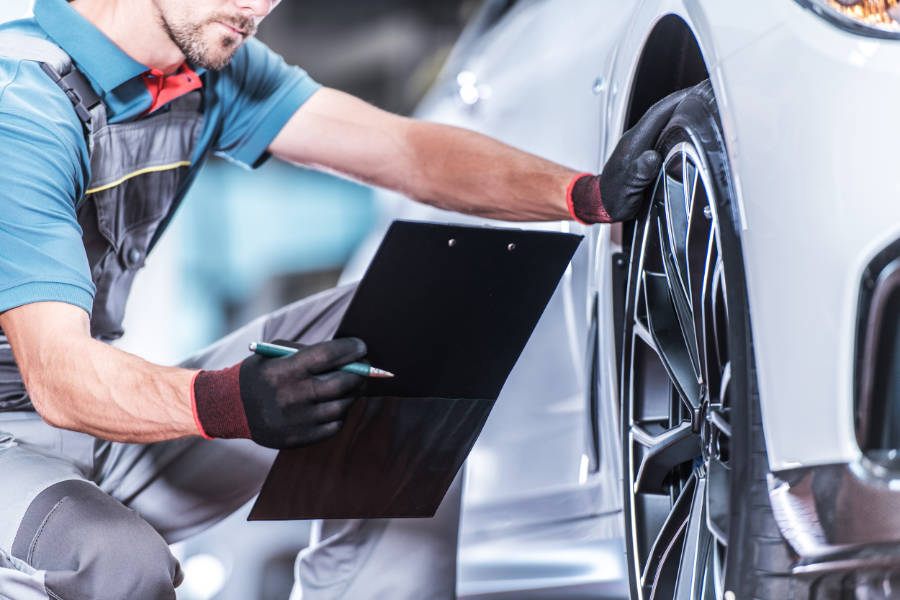
EVfriendly Mechanical Repair Best Practices
| Standard | Best Practice |
|---|---|
| General facility | The mechanical repair facility has a permanent location with fixed operating business hours and meets municipal licensing and zoning requirements (may be in the form of a land use agreement). A facility may also provide mobile services for EVs provided they are able to meet all applicable OEM safety and repair standards (Mobile service may require a special license in certain municipalities). Facilities must have the ability to hoist a vehicle for inspection. The hoist or lift must meet all applicable WorksafeBC regulations. |
| Insurance | The mechanical repair facility has a minimum level of $2,000,000 in liability insurance garage policy. |
EVfriendly Mechanical Repair Best Practices
| Standard | Best Practice |
|---|---|
| Compliance | The mechanical repair facility meets all federal, provincial and municipal Acts and regulations. This would include meeting WorkSafeBC requirements, employment regulations, transportation of dangerous goods regulations, etc. |
| Handling and disposal of hazardous wastes and contaminants. | Pertains specifically to disposal of waste from HV Li-ion or NiMH batteries. Must maintain documentation of disposal. Waste must be discarded with an EVfriendly supplier or the facility has a contract that confirms whoever manages the waste can provide proof of proper disposal and transportation of goods. |
| Training | At lease one automotive service technician employed by the facility has completed training as EV technician:
|
EVfriendly Mechanical Repair Best Practices
| Standard | Best Practice |
|---|---|
| Training | Employees performing secondary services, functions, or repairs, have completed the EVfriendly basic mechanical repair online training. Includes automotive techs who are not EV certified and/or anyone else involved in working on or around EVs. This course is also recommended for all employees, even if they do not work directly on EVs. |
| Training | Employers should have protocols in place for repair operations that do not require a certified EV technician. Before basic repair operation is performed (e.g. changing a tire) the employee with basic training will assess the EV (e.g. check warning lights, etc.). |
| Training | Items such as tires, brakes, suspension, lighting, infotainment, interior components, windshield wiper components, final drive services, and cabin filters, do not require specific EV training. however, the service technician should still always refer to repair instructions prior to attempting the repairs. The employee should always consult with the shop's EV certified technician before starting the work. |
* See the EVfriendly basic mechanical repair training for more information.
EVfriendly Mechanical Repair Best Practices
| Standard | Best Practice |
|---|---|
| Training | Repair facility commits to ongoing training and professional development for staff and participates in ongoing webinars and training sessions sponsored or hosted through EVfriendly program. |
EVfriendly Mechanical Repair Best Practices
| Equipment/Tool | Popular Brands | Uses |
|---|---|---|
| High-voltage gloves (aka lineman gloves) must include leather over gloves | Salisbury, Eecol Electric, Trydor Industries | When handling any high-voltage circuit or component or potential high-voltage circuit or component. |
| High-voltage roof topper warning cones | Procure locally | Displayed on the roof of a high voltage vehicle whenever the high-voltage circuit is being serviced. |
| Stanchions with marker tape | Procure locally | To “tape off” any high-voltage vehicle or component being serviced. |
| CAT 3 multimeter and accessories with insulation meter built in | Fluke 1577 or Fluke 1587, Procure Locally | Testing for high-voltage and loss of isolation |
| Class “D” fire extinguisher | Procure from current fire suppression company | For use on Lithium-Ion battery fires |
EVfriendly Mechanical Repair Best Practices
| Equipment/Tool | Popular Brands | Uses |
|---|---|---|
| Milliohm meter | Amp probe MO100 - NAPA | Testing electric motor windings |
| High-voltage face shield | Procure locally | To provide arc flash protection |
| Battery pack lift | OTC Powertrain lift SKU 1595 | For HV battery removal |
| Insulated tool kit | Fluke 1577 or Fluke 1587, Procure Locally | To safely work inside a battery pack |
| EVSE (electric vehicle supply equipment) | Snap On Industrial Tools, Acklands/ Grainger etc. | Supply electric energy to recharge electric vehicles. Keeping you and your electric car safe while charging. |
EVfriendly Mechanical Repair Best Practices
Access to OEM Procedures and Repair Information
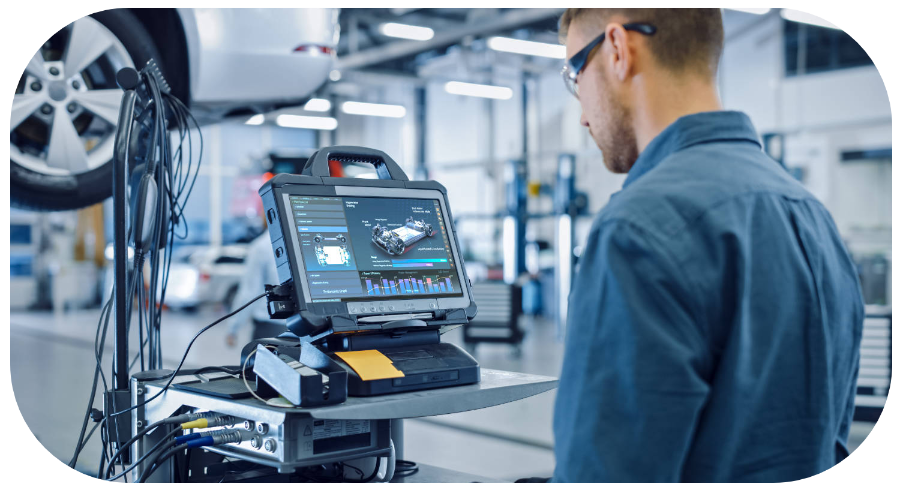
| Standard | Best Practice | Popular Sources |
|---|---|---|
| Safe and proper repairs are performed | Repair facility follows proper OEM repair procedures and has access to data. |
|
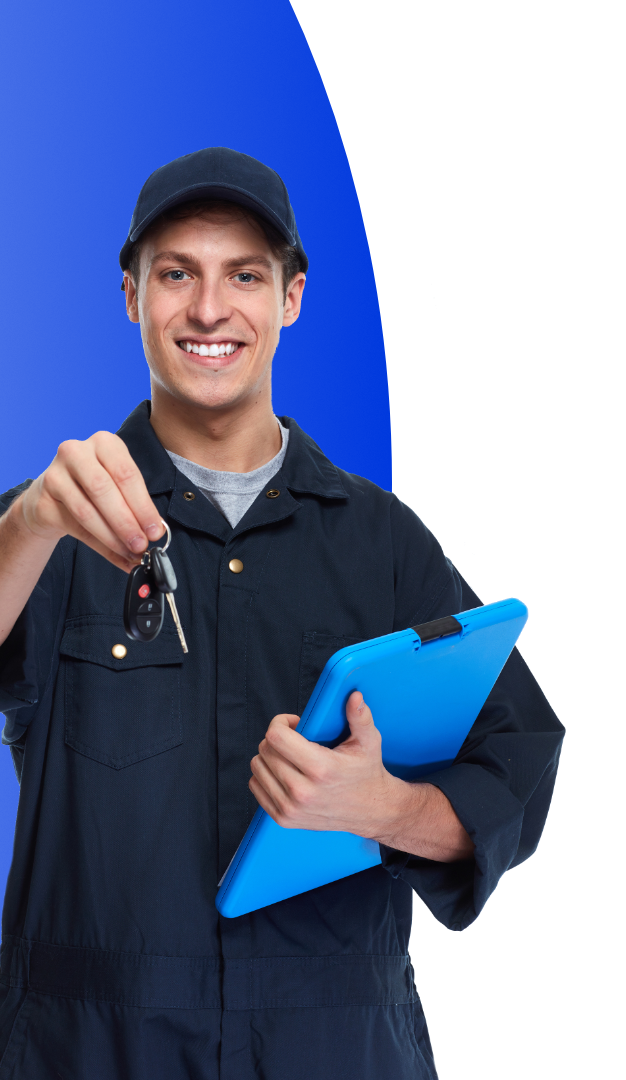
EVfriendly Mechanical Repair Best Practices
Service Warranty
It is recommended that repair facility provides a minimum 12 months, or 20,000 km service warranty on all repairs, if available.
EVfriendly Mechanical Repair Best Practices
Emergency Response Plan
The repair facility commits to communicating and training employees in emergency response and evacuation procedures.
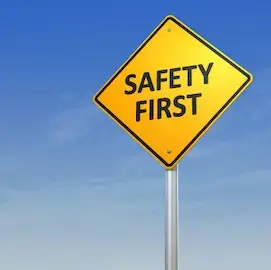
EVfriendly training
EVfriendly offers a basic level EV awareness courses dealing with EVs and their hazards, which are recommended.
These courses are available on the
CoursesAdditionally, technicians wishing to become certified in electric vehicle repair can get the required training at these institutions:
- BCIT – Auto 4011 Electric Vehicle Technology and Service
- Automotive Training Centre – Automotive Hybrid Technology
- Okanagan College, visit: https://www.okanagan.bc.ca/
- College of New Caledonia, visit: https://cnc.bc.ca/
- Camosun College, visit: http://camosun.ca/